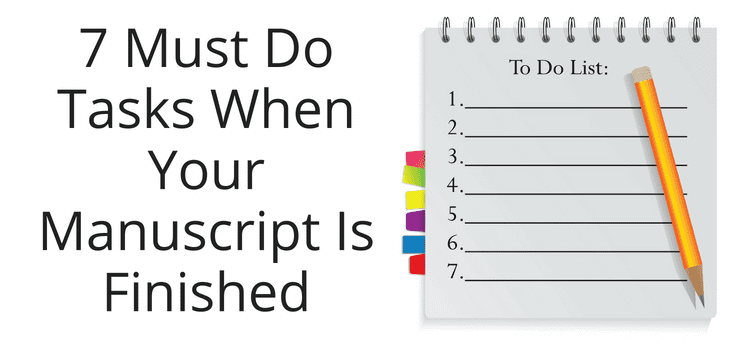
Your manuscript is finished. It is off to your editor, line editor, proofreader, or beta readers, so you wait? No way. You’ve got a lot of work to do.
Here are seven essential tasks you can work on while your finished manuscript is in the hands of others.
You will be so busy that you won’t have time to worry about how long your beta readers take to get back to you.
So, let’s get you to work. (You can follow the links in each section for more detailed information.)
1. Research your book title
Your book title will be more important than anything else in attracting potential readers. Don’t make a final decision until you do your research.
You might love your working title, but that means nothing until you are sure it will work.
You need to know how to find a great book title that is unique and will attract readers’ interest.
Not only that, you (could, should, ought to) have a sub-title. Why?
Because your title and sub-title are the most important pieces of metadata used by Amazon in their search algorithms.
A title and sub-title that are highly searchable will attract more people to your book. More on metadata later.
When deciding on your book title, the most crucial issue is ensuring it is as unique as possible.
Joining a long list of books with the same or similar title will not get you many sales.
Related reading: How To Punctuate Book Titles
2. Get a fantastic book cover
No, don’t even think of creating your book cover yourself unless you are a graphic designer and an expert with Photoshop.
Get a cover or a series of covers designed professionally, but of course, stay within your budget.
Great book covers are second only to your title in importance, so don’t take cheap shortcuts.
One simple factor often overlooked when deciding on a book cover is how it will look like a small thumbnail image.
This is what potential book buyers first see, so it is vitally important that your cover is as appealing as a thumbnail as it is in full size.
Do some research again, and check the top-selling books in your genre to see what their covers are like and how appealing and eye-catching they look in small sizes.
Another factor to check is the fonts and colors used in popular books in your genre.
You may get a surprise here, as many popular genres use a minimal range of colors. For example, romance books are often pastel pinks, blues, and green.
3. Write your book description
Yes, I know. Every author hates this task.
However, you need to do it. And again, it will be a vital part of your book’s metadata, so it needs to be exceptionally well written.
Writing a great book description is not an easy task. Try checking some top-selling books in your genre and take a few notes.
Unlike your book of thousands of words, your book description needs to hook a reader’s interest within 15 seconds, or 150 words.
It can be longer, of course, but these first words and seconds are the most important.
4. Research your categories and keywords
Without seven carefully selected Kindle keywords and three categories, your book will be lost, so choose them carefully.
These, along with your book title, are the most essential pieces of search data. Researched and selected well, they will help readers find your book.
They are so important that their power to sell books is greater than you can achieve with any form of paid advertising, blogging, or social media.
You can’t expect to have an online audience of your own numbering in the hundreds or thousands.
But your carefully selected categories and keywords will give you access to millions of online book buyers.
5. Start your book promotion
Do not wait until your book is published to get the word out about your new book is excellent advice.
It’s never too early, but it can be too late. You can even start well before your manuscript is finished.
Build momentum on your blog and social media and inform your audience about why, how, where, and when you wrote your book.
If you have a selection of cover ideas, why not ask for opinions on which one people like?
Involve your online audience and keep them informed of your progress with a blog post or two.
6. Plan your book launch
Will you make your book available by pre-order? Are you going to purchase paid advertising? Will you make your book exclusive or open-publish?
Ask your beta readers for their book reviews so you can add editorial reviews to your book sales page.
Plan ahead and ask book bloggers if they would be willing to help you with your book launch.
Do you want to book a virtual book tour? Do not press the publish button without planning your launch.
You only get one chance to launch your book, so plan it carefully and well in advance.
7. Decide on your price
Setting the price for your ebook and/or paperback is crucial.
Having a clear book pricing strategy is not as simple as it sounds.
There are many factors to consider, such as competitiveness in various geographic markets, the differential between ebook and paperback, and pricing for turnover or profit.
Book prices are never set in concrete, so think about when you might discount or increase the price.
Are you going to offer a free ebook, and on what schedule?
Should you increase your price before offering your ebook for free and then reduce it afterward?
Again, do some research and write a brief pricing plan for your new book.
Summary
Yes, your manuscript is finished. Make sure you have backup copies to avoid having to try to recover a lost manuscript.
But with all this work, you won’t have time to worry about when it will come back to you for your final edit and proofreading before publishing.
There is so much to do before publishing a book.
Give your book the best chance of success, and don’t rush to publish.
Your checklist
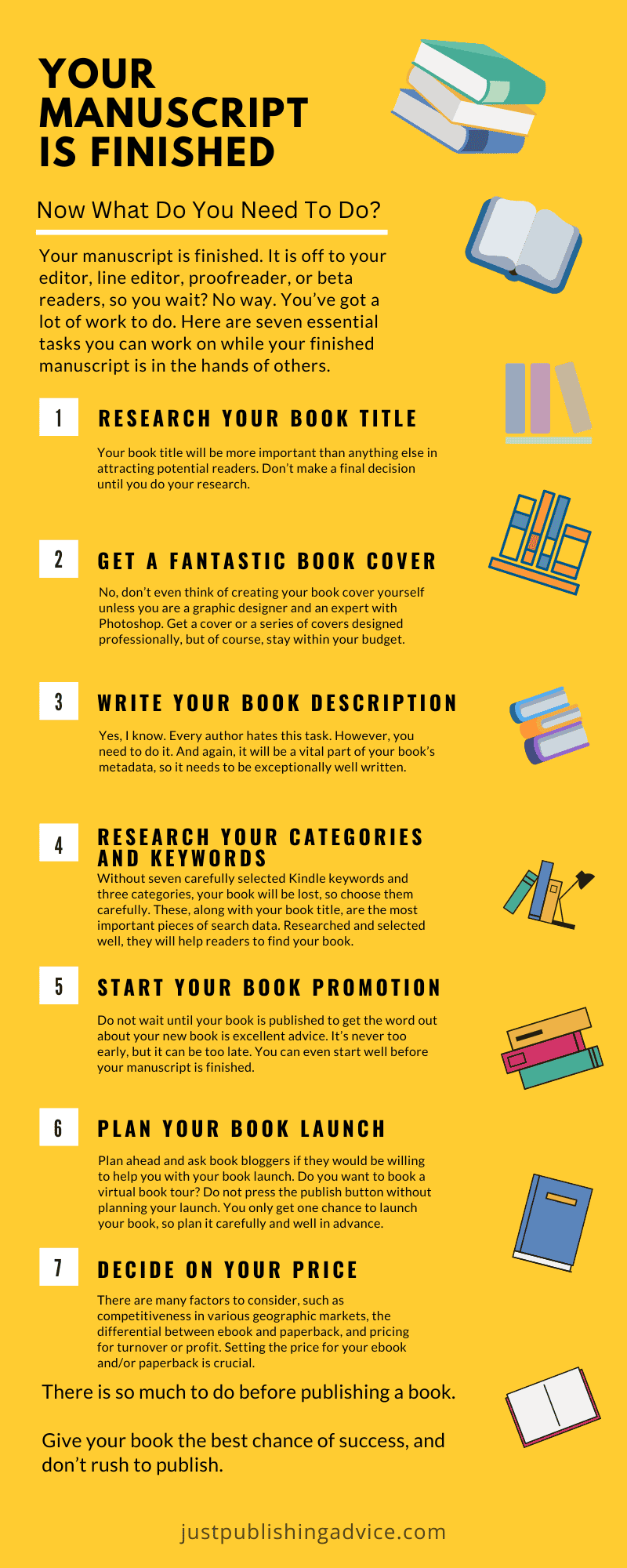
Related Reading: Free Publishing Apps And Tools For New Authors

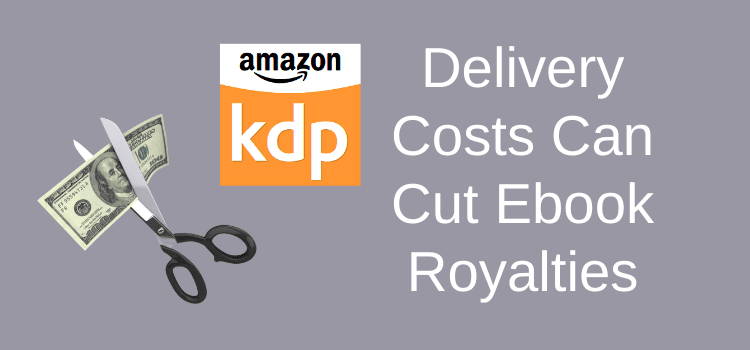
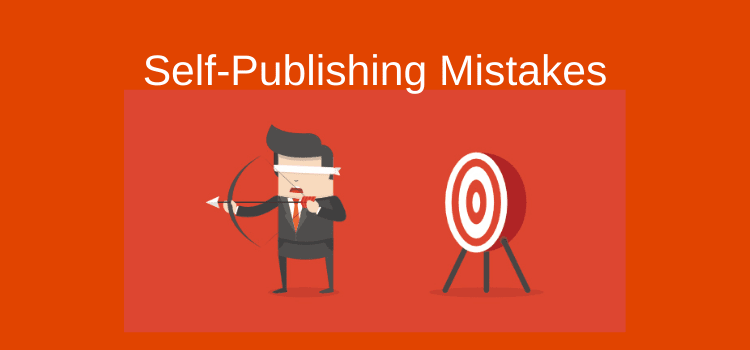
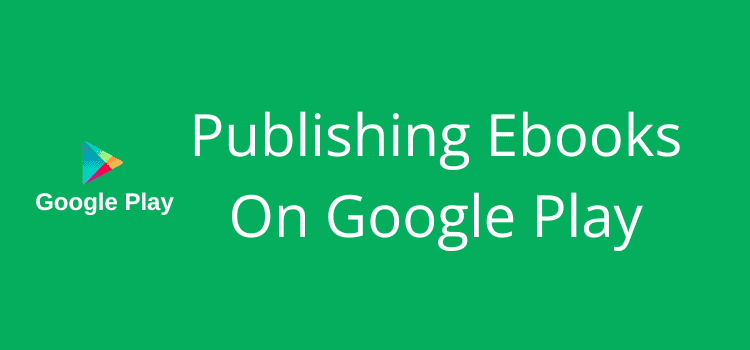
Fantastic advice as always. Especially the addition of a subtitle.
Thanks for the sound advice!
Great Advice. I write in the field of horror fiction and I am shocked at how many other horror authors title their books with such overused, common, and cliche’ words. The Dark something, The Black something, The Night of the something, really does nothing to get me to want to read. In fact, without an original creative title I think, how original can the writing be?